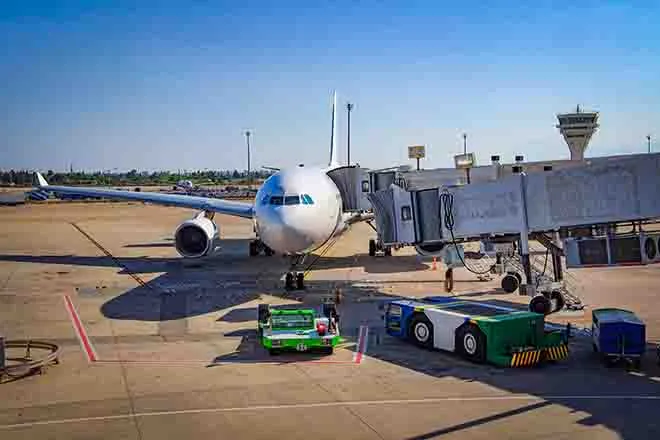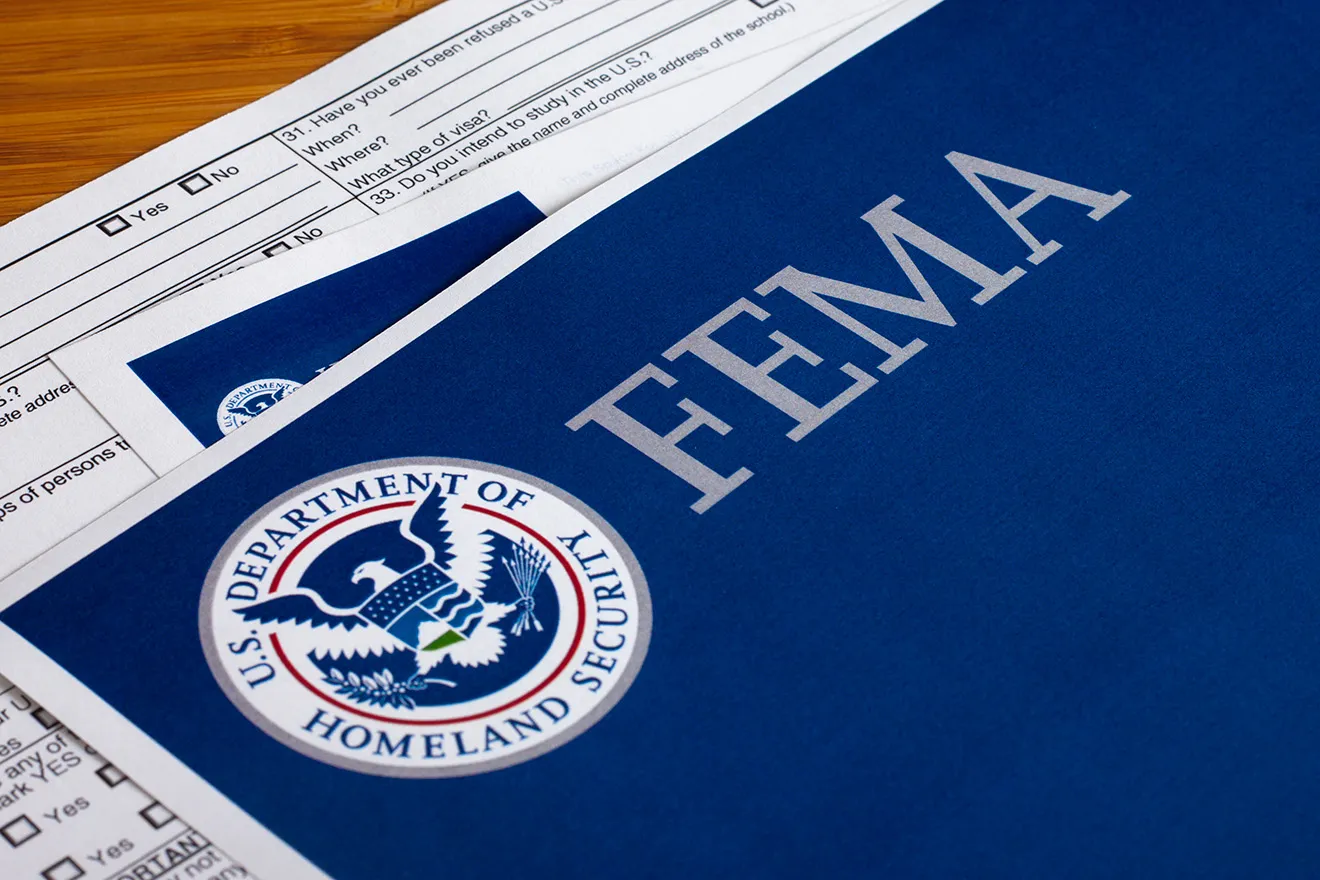Image

Car and Booster Seat Safety
iStock
“Correctly used child safety seats can reduce the risk of death by as much as 71 percent,” states the SafeKids WorldWide website. You just need to know the details and limits of each. Need help? There are a number of nationally certified Child Passenger Safety Technicians around Colorado and the country to help you. You can find one nearest you by going to www.carseatscolorado.com and clicking on the “for parents” tab on the left.
Quick Facts on Car Seat and Booster Seat Safety
- Before you hit the road, check your car seat. It just takes about 15 minutes. Seventy-three percent of car seats are not used or installed correctly! Use the SafeKids Worldwide car seat checklist.
- If you are having trouble installing your car seat or have concerns, find a car seat technician to help you. Car seat technicians can be found with this online resource or check with a local fire department or hospital.
- Once a car seat has been in a crash it must be replaced. Never buy a used car seat unless you know the full history and can guarantee it has never been involved in a crash.
- Never leave a child alone in a car, not even for a minute. Heatstroke happens quickly.
- Children seated in a booster seat in the back seat of the car are 45% less likely to be injured in a crash than children using a seat belt alone.
- When your child is seated in a booster seat, make sure the lap and shoulder belts fit. The lap belt should fit low across the hips and the shoulder belt across the shoulder. Do not place the shoulder belt under the child’s arm or behind the child’s back.
- Generally, children need to use a booster until they are at least 4 feet 9 inches tall and weigh between 80 and 100 pounds. For most kids, this means they will probably be between 8 and 12 years old.
- Talk with everyone who drives your children so they understand that using a car seat or booster seat is a must when traveling in a car with your child.
Source: SafeKids World Wide
















